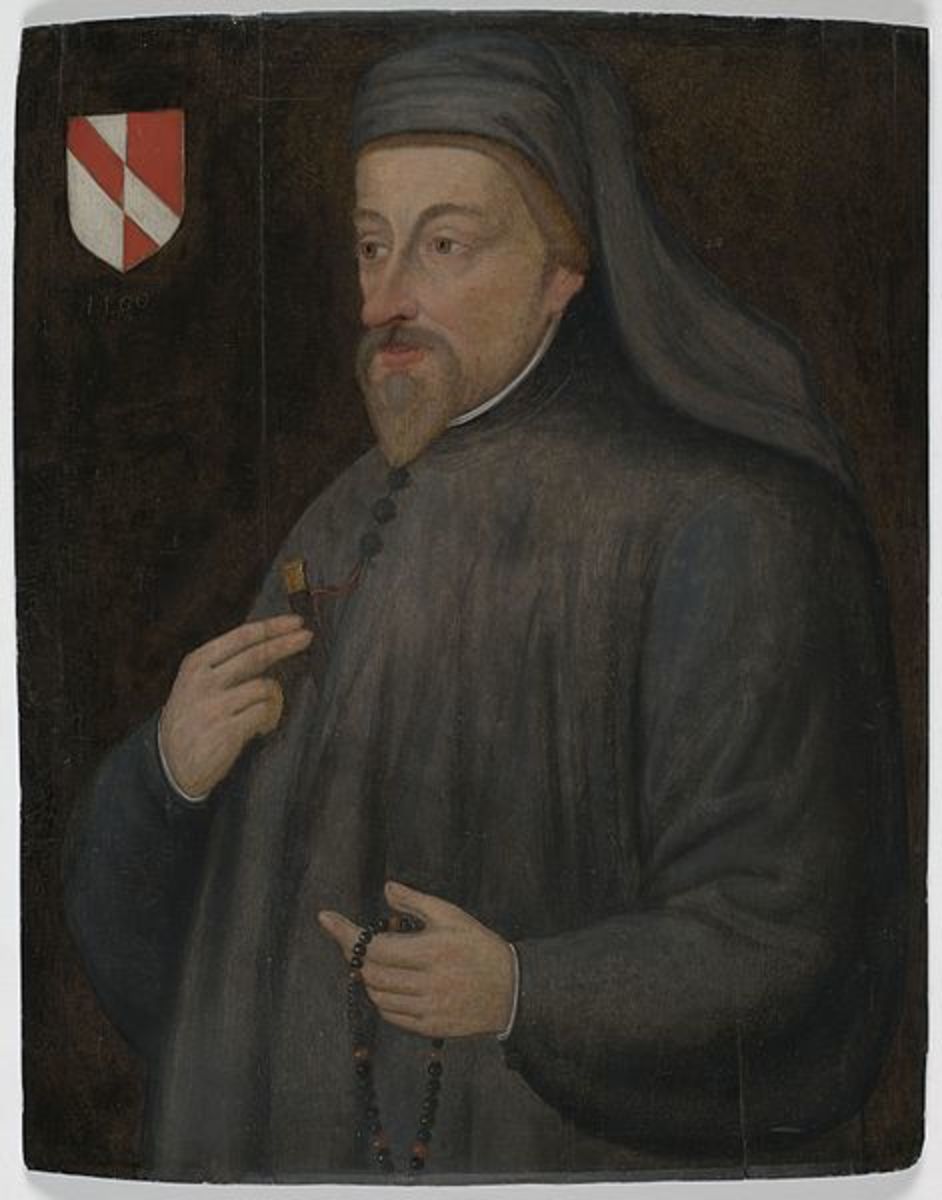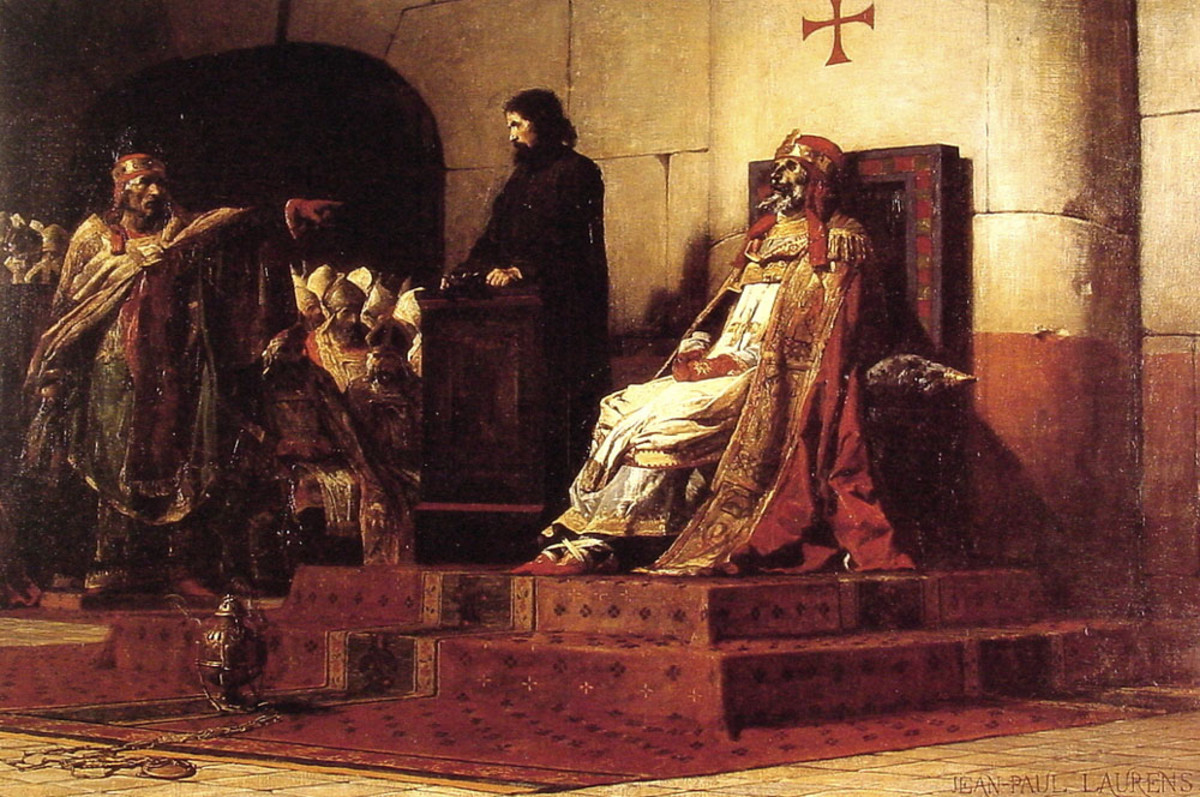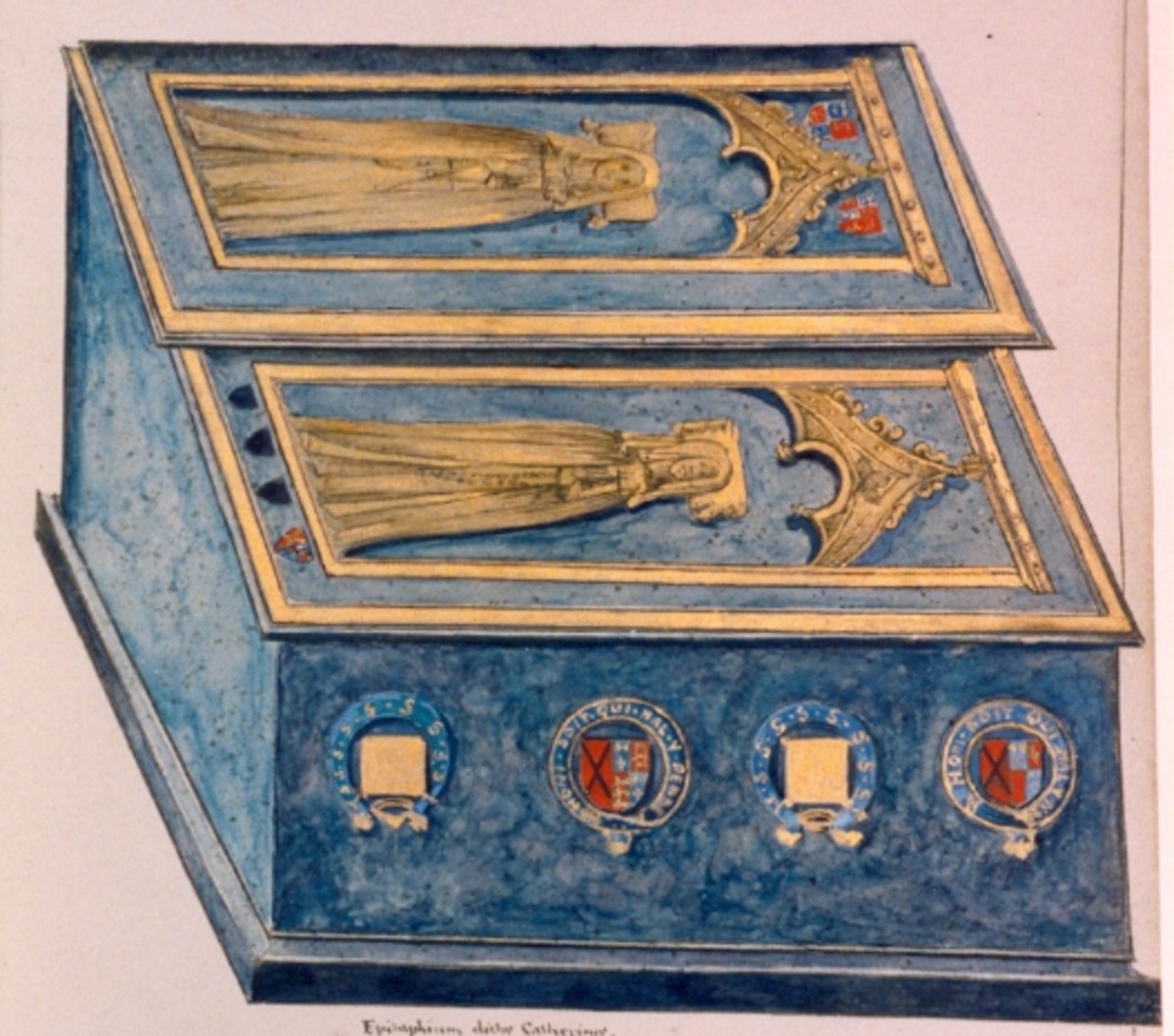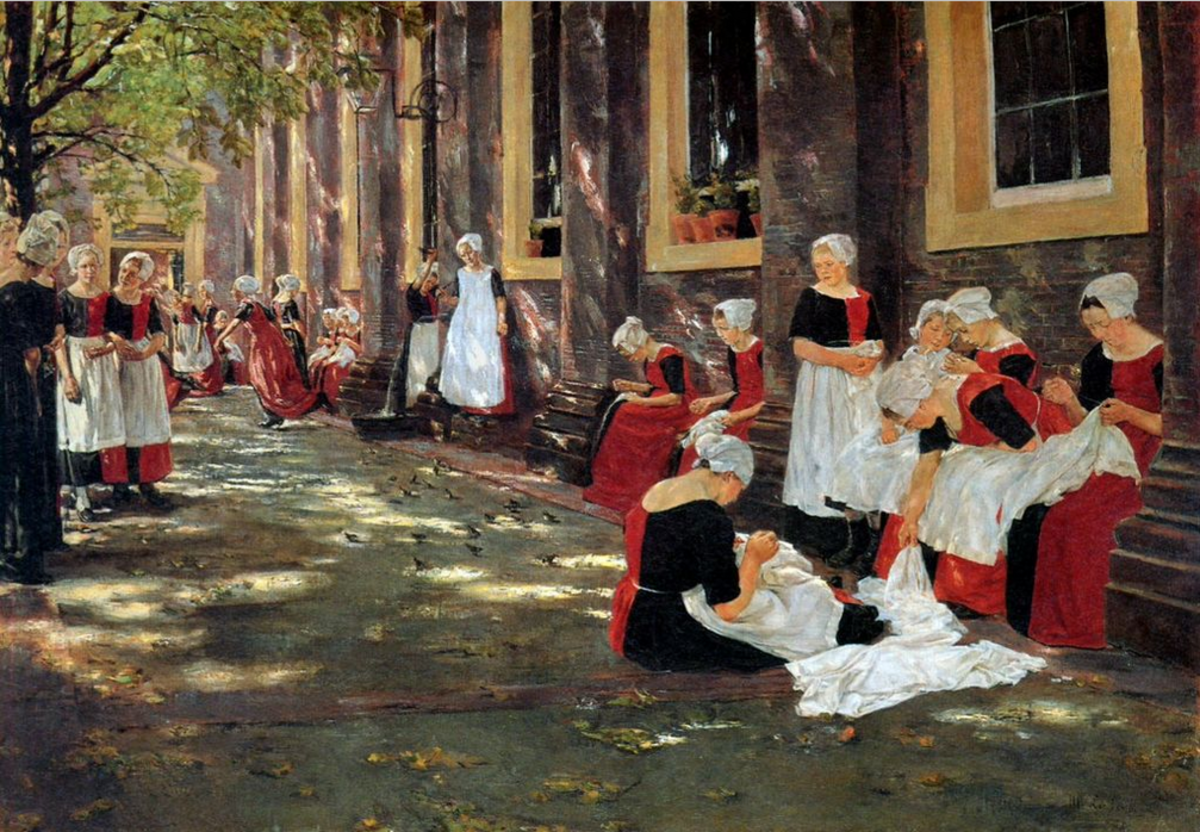Who was John Wycliffe?
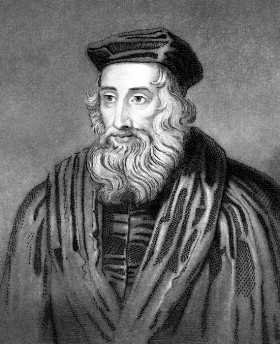
John Wycliffe
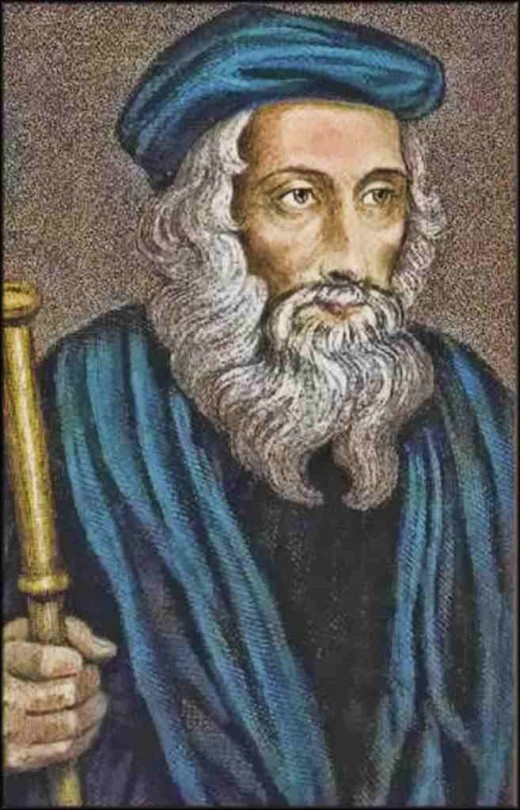
Who was John Wycliffe?
John Wycliffe was born around 1328, the exact date is not known. Wycliffe was born in the village of Hipswell in the North Riding of Yorkshire. He came from a large family that was wealthy. Wycliffe was sent to Oxford University and became master (or head) of Biliol College, Oxford in 1361. Wycliffe studied natural science, mathematics, philosophy and had a bachelors in theology. He was known for being well educated on English law as well as the laws governing the Roman Catholic Church; he himself was a catholic priest. Wycliffe lived during a time where the feudal system was going strong and the common people were subject to great ignorance. The rich lived in majestic houses and castles while the poor worked hard just to be able to live in what basically amounted to small huts. On top of that the common people had to deal with corrupt monasteries in which monks and friars were known for regularly collecting food, money and other valuables for the enrichment of the monastery, after all these collections were tax free because they were considered to belong to the pope. People were tired of being slaves and tired of living in spiritual ignorance. Would there be anyone who would take a stand and give expression to their feelings?
One way that the people were kept in ignorance was by teaching church services as well as only having available bibles in the Latin language. Why was that a problem? Well the people spoke and prayed in English, many of the common people did not speak Latin. Latin in many circles was considered the language of the elite and educated not intended for the poor. This irritated John Wycliffe who came from a wealthy family. Wycliffe was quoted as saying, “Knowledge of God’s law should be taught in the language which is easiest to understand, because what is being taught is the word of God.” After Pope Gregory XI issued five edicts against Wycliffe because of his efforts in trying to translate the bible into English he replied: “Englishmen learn Christ’s law best in English. Moses heard God’s law in his own tongue, so did Christ’s apostles.” Wycliffe no doubt recognized that people were being kept in a subjugated state because they could only trust in what was being taught, there was no way for them to verify it and study it for themselves. This infuriated the church, a man from within their own ranks and who also happened to speak Latin very well was exposing a serious issue in the way the church taught. The book The Mysteries of the Vatican explains why the Church was so opposed: “The laity [ordinary people of the church] was thus enabled to compare the simplicity of…Christianity with…Catholicism…How great divergence [difference] between the teaching of the Founder of Christianity, and his self styled vicegerent [the pope] really was, became first glaringly evident.” The reaction of the Church proves the divine truth “The truth shall set you free.” Wycliffe would go on to organize a team to translate the bible into English and it would take 20 years to get the job done. The first English version of the bible was released in 1382 shortly before Wycliffe’s death.
Another situation that sickened Wycliffe to his stomach was the Great Papal Schism. After the death of Pope Gregory XI that threw the Church into a power struggle. Pope Urban VI made many enemies because of decisions that he made that did not please certain powerful cardinals. Urban would not step down so the cardinals then elected their own pope, Clement VII. This division would go on to last 40 years. Now Wycliffe was prepared to support the pope who proved himself genuine in his claims, and yet what conclusion did he come to? When he noticed how far each pope was willing to go to secure power and position he declared both of them false. In a tract written by Wycliffe titled “Against the War of the Clergy” he likened the schism to two dogs fighting over a bone. The entire fight went against the example that Christ set because from what he had learned from the bible going after worldly power and position was wrong. Promising people that they would receive forgiveness for their sins if they supported the war was a lie Wycliffe claimed. He considered the war completely unchristian
Thru Wycliffe’s personal study of the bible he was able to discern that the Scriptures teach that there should be no difference between the priest and a layman, and that any man should be able to read the bible for himself. Another interesting point that he discerned was that the Scriptures should be preached to the people. Hence the Lollards came about, preachers who followed Wycliffe and spread the good news of the Scriptures. They were also known as “Poor Priests” because they lived simple lives and did not have material possessions. In a treatise entitled “On the Truth of Holy Scripture”, one of the things Wycliffe focused on was making it clear what was scriptural and what was tradition. This led him to exposing the teaching of the transubstantiation. This is the doctrine were upon the consecration of the priest, the bread and wine actually change into the substance of the body and blood of Christ. John Wycliffe considered the Lord’s Supper as a very important occasion but he could not accept the transubstantiation as biblical. Wycliffe used many scriptural references to prove this and brought out the fact that this teaching was not part of the early Church and that even Jerome who was a bible scholar and translator held to the biblical concept. ( Also see below :Scholar Heinrich Meyer on Transubstantiaton)
Wycliffe would go on to die from the effects of a second stroke he suffered in the year 1384. However before his life finished on this earth he accomplished a great task with the help of faithful companions in translating the first bible into English. There is also no doubt that he had divine backing, for his focus was on trying to learn the truth and provide the same opportunity to everyone else. Wycliffe boldly spoke up and based his statements on evidence and facts. Good motives indeed! Next time you look at your bible and you are able to read it in a language you understand you do well to remember John Wycliffe the man used to make that possible.
Heinrich August Wilhelm Meyer
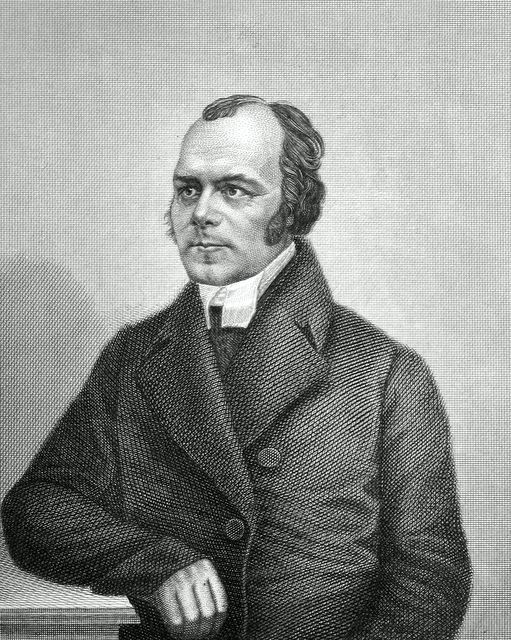
Scholar Heinrich Meyer on Transubstantiaton
"Seeing...that the body of Jesus was still unbroken (still living) and that, as yet, His blood had not been shed, none of the guests [ the apostles] can have supposed...that they were in reality eating and drinking the very body and blood of the Lord, [so] Jesus himself could not have intended His simple words to be understood in a senses which they did not then admit of."
An additional point in support of Heinrich Meyers observations is that it was against the Mosaic Law which Jews were still under at that time to eat someone's flesh. Therefore to literally eat Jesus flesh and drink his blood would be cannibalism. Is it reasonable to think that Jesus and his apostles would practice cannibalism when it would clearly violate God's laws?
Documentary on John Wycliffe & others
How do you feel about people who preach?
- Do Christians Have The Right To Preach to People
What does the bible teach about forceful integration into Christianity, as well as preaching the good news of the kingdom to others


